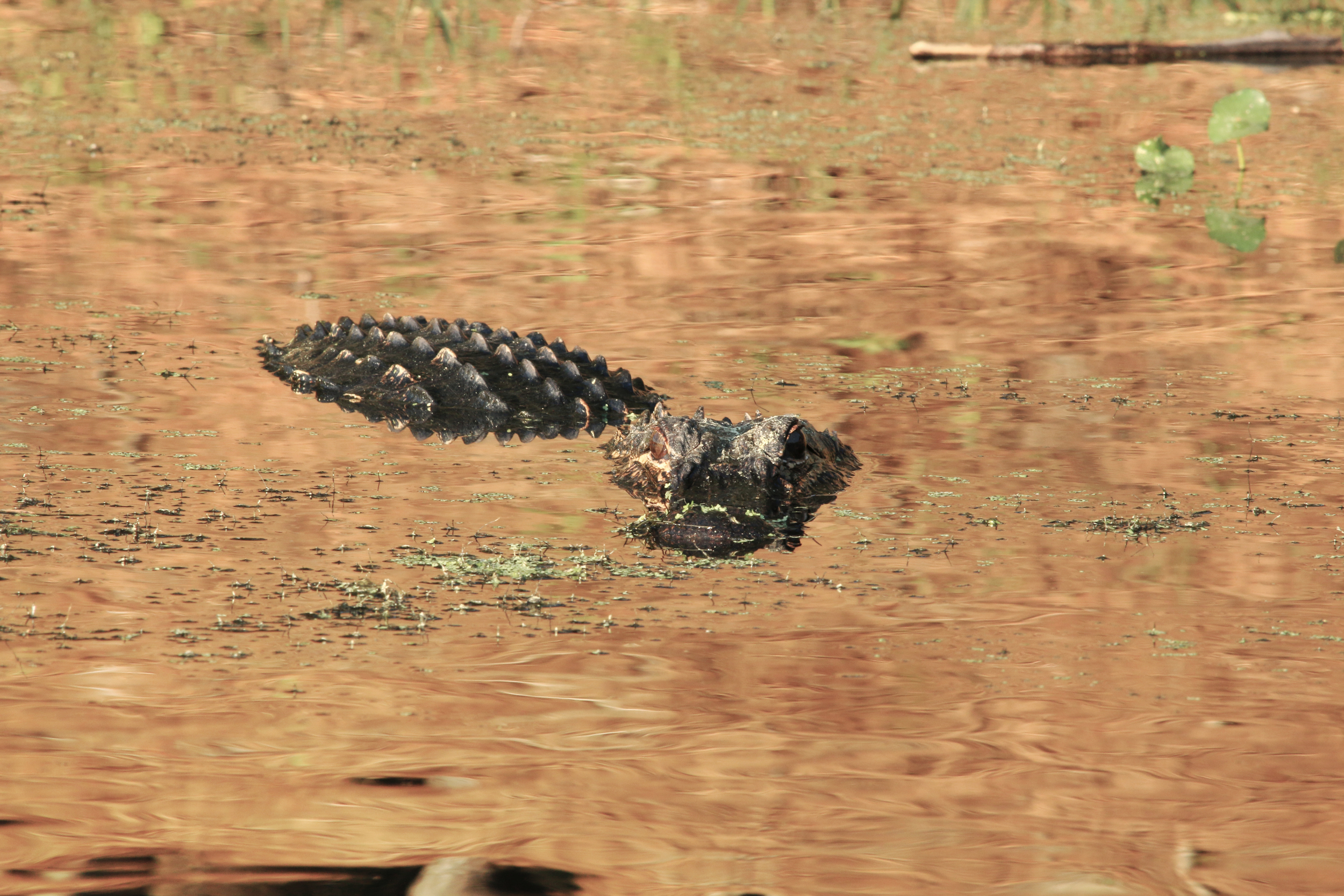
Wildlife in Hilton Head Island: A Comprehensive Guide
Hilton Head Island, is renowned not only for its beaches and resorts but also for its vibrant and diverse wildlife.
Hilton Head, South Carolina is a great place for nature lovers to see and enjoy its native animals and plants. This guide will show you the interesting wildlife on Hilton Head Island and how to see it. Learn about the island's ecosystems and the best ways to enjoy them.






The Rich Bird life of Hilton Head Island
One of the most striking features of Hilton Head's wildlife is its avian diversity. The island serves as a crucial habitat for numerous bird species, making it a birdwatcher's paradise.
Ospreys and Bald Eagles: Osprey and bald eagle are commonly spotted soaring above Hilton Head’s waterways. The osprey, with its distinctive white head and dark eyes, is a proficient fisherman often seen diving into the water for its prey. The bald eagle, America's national bird, is a rare but exhilarating sight with its impressive wingspan and commanding presence.
Herons and Egrets: Along the island’s marshes and estuaries, you’ll find a variety of wading birds. The blue heron and snowy egret are often seen in their natural homes. The heron has blue-gray feathers and the egret has elegant white feathers.
Shorebirds and Songbirds: The sandy shores and salt marshes attract an array of shorebirds, including sandpipers and plovers. The island’s woodlands and gardens are home to colorful songbirds like cardinals and warblers, adding to the island's avian charm.
Marine Life and Dolphins
Hilton Head Island's coastal waters are an ideal spot for dolphin watching.
Atlantic Bottlenose Dolphins: The island is famous for its resident population of Atlantic bottlenose dolphins. With over 300 dolphins calling Hilton Head home, and up to 800 during the summer months. Dolphin tours and cruises offer an excellent opportunity to observe these intelligent creatures in their natural environment. Learn more about the Hilton Head Dolphins.
Sea Turtles: Hilton Head is also an important nesting site for sea turtles, including loggerhead turtles. The island’s sandy beaches provide a critical nesting ground where these turtles lay their eggs. Conservation efforts are in place to protect these endangered species and ensure their survival. Go more in depth about Sea Turtles.
Other Marine Species: The island's waters are rich in other marine life, including various fish species, crabs, and jellyfish. The diverse marine ecosystem supports a complex food web, which contributes to the overall health of the coastal environment.
Reptiles and Amphibians
Hilton Head Island is home to several reptile and amphibian species that thrive in its varied habitats.
American Alligators: In the island's freshwater ponds and water ways, you might encounter the American alligator. These large reptiles are a crucial part of the local ecosystem, helping to control fish populations. Learn more about the American Alligator.
Box Turtles and Lizards: The island's forests and grasslands are inhabited by box turtles and a variety of lizards. The eastern box turtle and the anole lizard are common sights for those exploring the island’s natural areas.
The Unique Flora of Hilton Head Island
The wildlife of Hilton Head Island is closely linked to its diverse plant life. The island's vegetation provides essential habitats and food sources for its animal residents.
Salt Marshes and Mangroves: The salt marshes that fringe Hilton Head's coastline are full with life. This includes a variety of bird species and small marine animals. Mangroves, although less common in Hilton Head, play a crucial role in supporting coastal ecosystems.
Forests and Swamps: The island's upland areas feature long leaf pine forests and hardwood swamps. These habitats support a range of wildlife, from white tailed deer and raccoons to numerous insect species.
Best Ways to Experience Hilton Head’s Wildlife
To fully appreciate the wildlife of Hilton Head Island, consider engaging in the following activities:
Wildlife Tours: Join guided tours or cruises that specialize in wildlife viewing. These tours provide expert insights and increase your chances of spotting various species, including dolphins, birds, and sea turtles.
Nature Reserves and Parks: Visit local nature reserves such as the Pinckney Island National Wildlife Refuge or the Sea Pines Forest preserve. These areas offer trails and educational programs focused on the island's natural heritage. The Coastal Discovery Museum is also a good place to visit.
Kayaking and Paddleboarding: Explore the island's waterways by kayak or paddleboard. These activities offer a closer look at the island’s marine life and are often quieter. This provides a more intimate wildlife experience.
Hilton Head Island is committed to preserving its natural habitats and wildlife. Local organizations and conservation groups work tirelessly to protect the island's ecosystems and educate the public about responsible wildlife observation.
What you can do to help:
If you see injured wildlife like birds, turtles, dolphins, or alligators please do not touch them, you can report them by calling: 1-800-922-5431
It is against the law to feed or harass dolphins or alligators. Taking live sand dollars and starfish from their ocean homes and putting them in your pockets could cost you $1,000 fine. If you see anyone doing these things, please report it to Beach Patrol at 1-843-785-3494.
To report a dead or injured turtle call: South Carolina Department of Natural Resources (24/7): 1-800-922-5431
To report light violations (if beach front properties have their lights on after 10pm) call: 1-843-341-4642
Hilton Head Island is a treasure trove of wildlife, offering a rich tapestry of species and habitats for nature enthusiasts to explore. From the soaring ospreys to the playful dolphins, the island's diverse wildlife provides endless opportunities for discovery and appreciation. Whether you’re an avid birdwatcher or simply a nature lover, Hilton Head Island’s wildlife is sure to captivate.




